In a studio in Birmingham, there’s an air of excitement. Jessica Dromgoole and her team are recording new scenes for Home Front, Radio 4’s specially commissioned drama commemorating the first world war. They know that they’re about to launch on to the airwaves the boldest, most creative and enterprising venture yet heard on the station. The years of planning, of making endless decisions about how to do it, what to focus on, where to set it, which real stories to fictionalise, which to abandon, have paid off. A random scene between a volunteer at a makeshift hospital and a wounded soldier is being recorded. There’s no preamble, no explanation, just two people having a conversation. Yet the writing is so sharp and effective, not a word wasted, the characters so deftly drawn that I knew at once who these people were, their place in the drama, their hopes and fears, their inner sadness.
That’s the advantage of working on something about the war, says Dromgoole. Usually in drama, she explains, ‘you have first to explain the challenge, then go through the challenge and finally get over the challenge’. With Home Front, which will follow the war from start to finish in real time, day by day, for weeks at a time, tracking a cast of imagined families ‘against a background of heartbreaking truths’, none of that is necessary. ‘You don’t have to explain. The country is in crisis. That’s understood.’ There’s no need to give us a back story, the lead-up to the action. ‘They’re all coping with the challenge of being at war. No one is ever not busy. No one is not pursuing something against the odds. And most people are coping with a critical moment in their lives.’
A surprising feature of the series has emerged already: the scripts for these short, daily episodes (modelled on the formula pioneered by the 15-Minute Drama) have more words to the minute than usual: 2,400 words, for episodes that are actually 11 minutes and 45 seconds long. Why do you think that is? ‘I think it’s because as writers and directors we have this “let’s get on with it” mentality,’ says Dromgoole. ‘There’s no hanging about. We have a purpose. We have things we want to say.’
The power of the writing also comes from that four-year span, that broad overview, combined with the day-to-day details embedded in the historical record (the series has a resident historian who is checking everything before it goes out on air). This allows the team ‘to press home how heartbreaking it was for some people. We had to have a death in the first series,’ says Dromgoole, rather guiltily explaining that it took just five minutes to dream up the character and kill him off. (The actor was furious, not wanting to leave the cast so soon.) The series then has space to follow how that family’s grief plays out over time, each character responding differently.
Where have all the stories come from? (Enough to fill almost 600 episodes from 4 August 2014 to November 2018, or 150 hours of dialogue.) ‘Stories emerge that have to be told,’ says Dromgoole, who has spent the past couple of years trawling through local newspapers and the war archives in search of ‘the oddest and most surprising facts’. She didn’t want to confirm what we already know about the war. She wanted to find out why the Home Front worked in Britain but collapsed in Germany. How did people keep on going in spite of hunger, fear and their overwhelming, never-ending grief?
She and Katie Hims, one of the small team of writers (which also includes Sebastian Baczkiewicz, Sarah Daniels and Shaun McKenna), obviously love finding these offbeat stories and looking for a way to put them into the drama. ‘It happens incrementally,’ says Hims. ‘There’s a gradual building into reality.’ The game will be guessing what is true in each episode, and what comes from the imagination. The male beauty pageant won by a soldier? The landlady who took whisky with her breakfast milk?
‘It’s easier to myth-bust in an unusual way through drama,’ says Dromgoole. ‘Our relationship to the truth is different. We can be very light with actual information.’ They can bring out, for instance, how chaotic, unregulated and unco-ordinated the war effort was to begin with. Also the often unrecognised fact that more officers were killed than other ranks, because the officers led from the front. The series has a boy from public school who can’t get a commission and signs up as an ordinary soldier. He comes home.
Why did you choose Folkestone as the setting? ‘Because it was a military town with an enormous barracks that’s also very close to France. They could hear the guns from the battlefield.’ She adds the detail that MI5 moved to Folkestone and the white feather movement began there. But not all the stories she wanted to tell could be set there because it was a military zone and therefore restricted. Other scenes will be set in Newcastle, which was closely affected by the unrest of the Russian revolution because of its trading links with Russia. It also moves to Devon for a season because Dartmoor became a huge hospital, specialising in shellshock and facial surgery, reconstructing those damaged in the trenches.
Home Front is definitely not a soap, insists Dromgoole, who reveals that the original plan was to take The Archers back to 1914–18 and use that ready-made resource as the basis for a drama series set in the Great War. Until it was realised this would mean turning Ambridge into a graveyard for fallen soldiers. Then fate intervened, in the shape of that strange period at the BBC after the resignation of George Entwistle as director-general. Out of this vacuum emerged the ambition and scope of Home Front, which has not been afraid to work with children (lots of them) and animals, the reality of war unfolding through their eyes. A St Bernard is shot by a child, who then gets lost in the woods. The children often see things which the grown-ups are too busy to notice.
Every day is one person’s story, explains Dromgoole, unlike soaps, which have a multi-strand narrative format. ‘We’re not trying to tell the story of the war as it happens,’ she says, ‘but rather creating a patchwork of impressionistic stories from the war.’ Each episode will be complete in itself, and belong to a single character, who announces the date and their name at the beginning. This will mean that listeners can dip in and out without getting lost.
Are there any villains? Well, there’s the violent husband, stabbed in the hand by his wife on her birthday and pinioned to the kitchen table. But, adds Dromgoole, ‘no one moves through the world thinking they’re a bad person’. That’s what lies behind the Home Front masterplan. ‘We want to give the characters more chances, make them more complex. We want to be fair to the richness of people’s experience during the war.’
Got something to add? Join the discussion and comment below.
Get 10 issues for just $10
Subscribe to The Spectator Australia today for the next 10 magazine issues, plus full online access, for just $10.
Home Front begins on Radio 4 at noon on 4 August and runs (with intervals) until November 2018. It will also be available by podcast for ten years.
You might disagree with half of it, but you’ll enjoy reading all of it. Try your first month for free, then just $2 a week for the remainder of your first year.

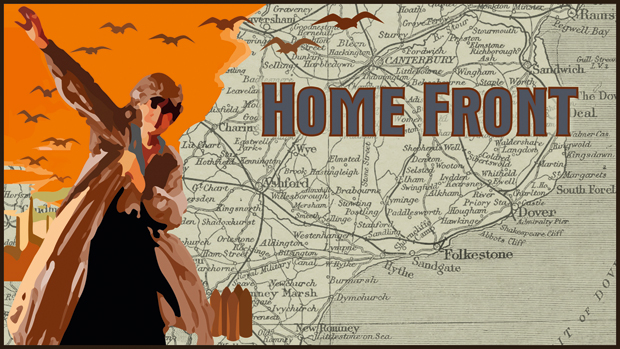
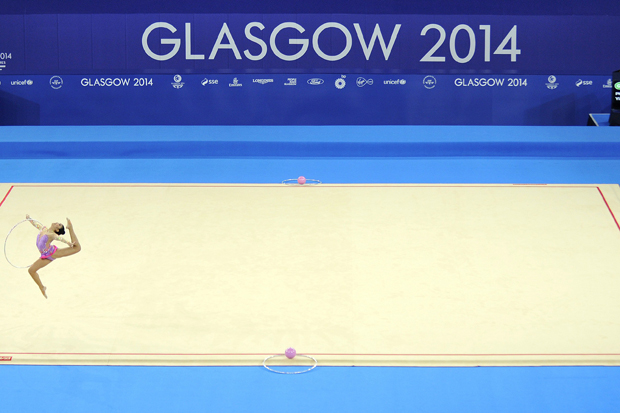
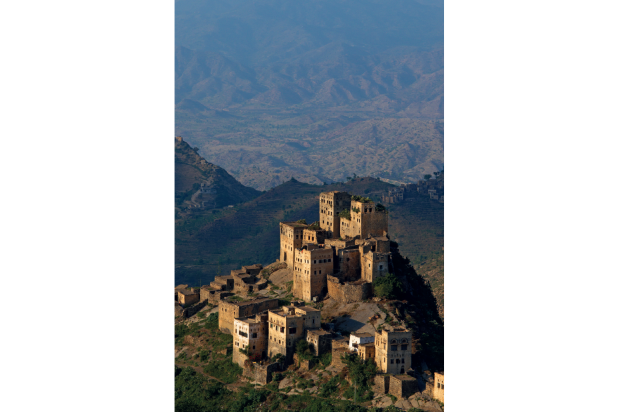
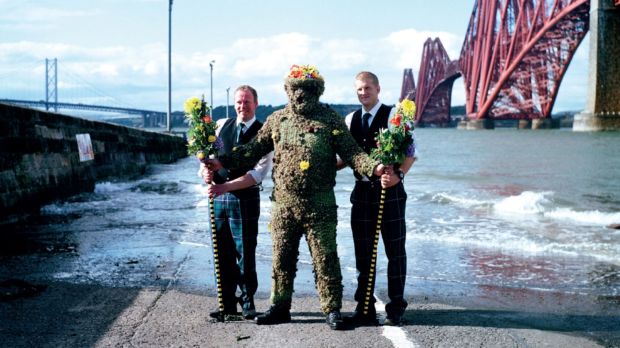
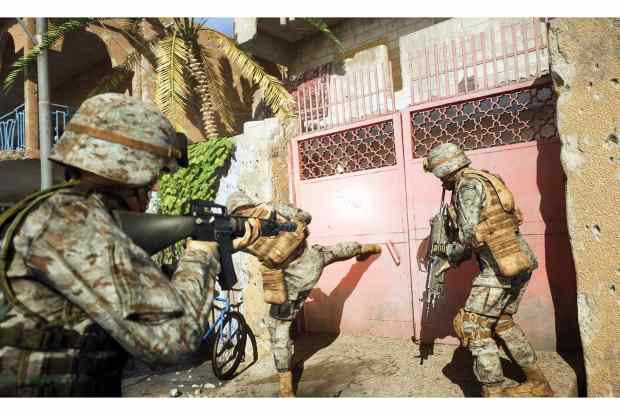
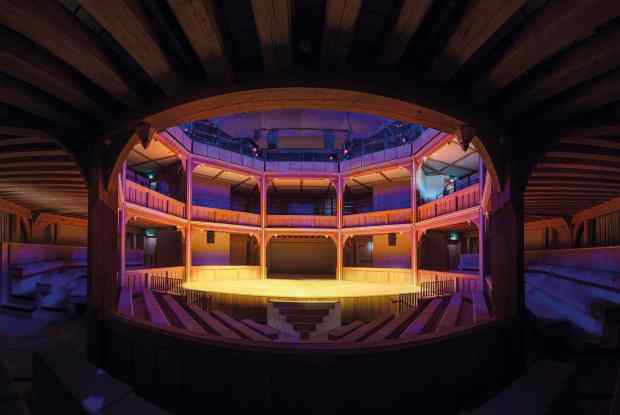
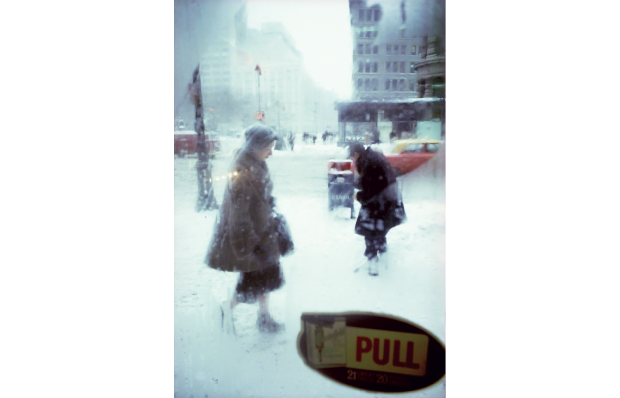






Comments
Don't miss out
Join the conversation with other Spectator Australia readers. Subscribe to leave a comment.
SUBSCRIBEAlready a subscriber? Log in